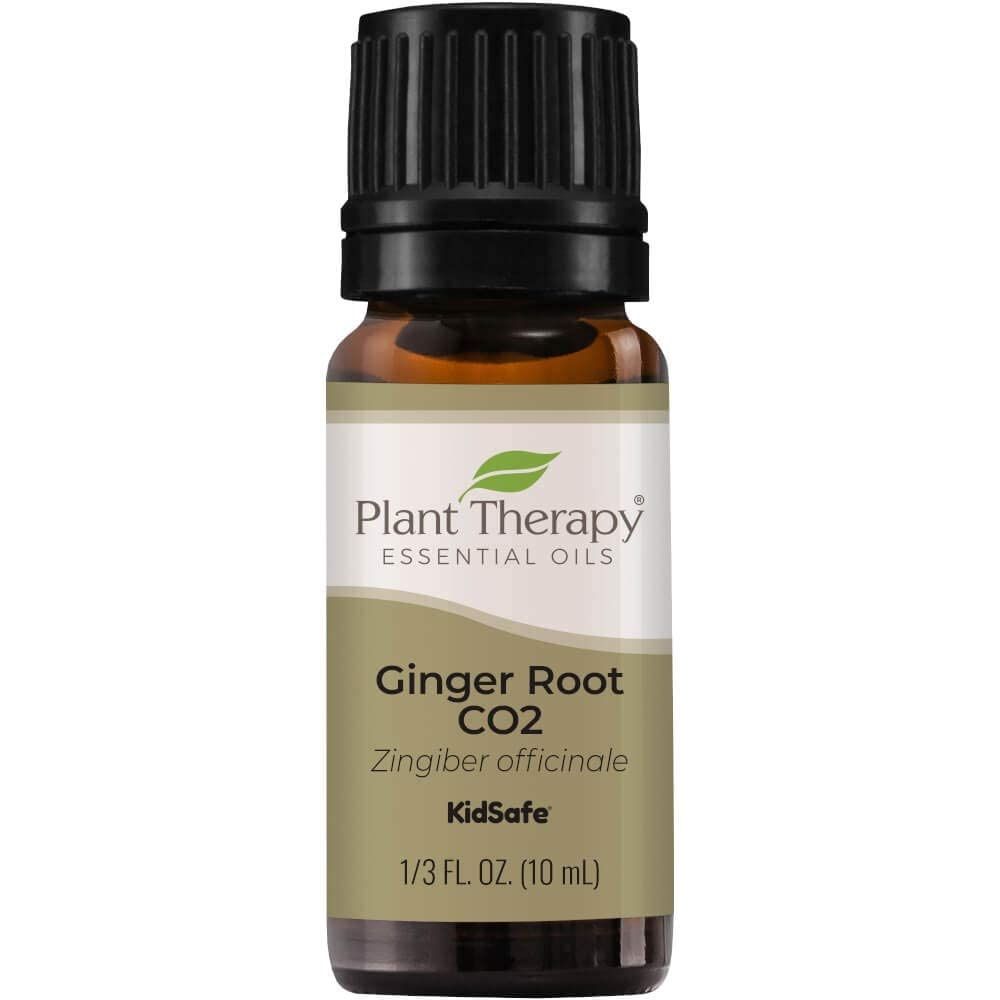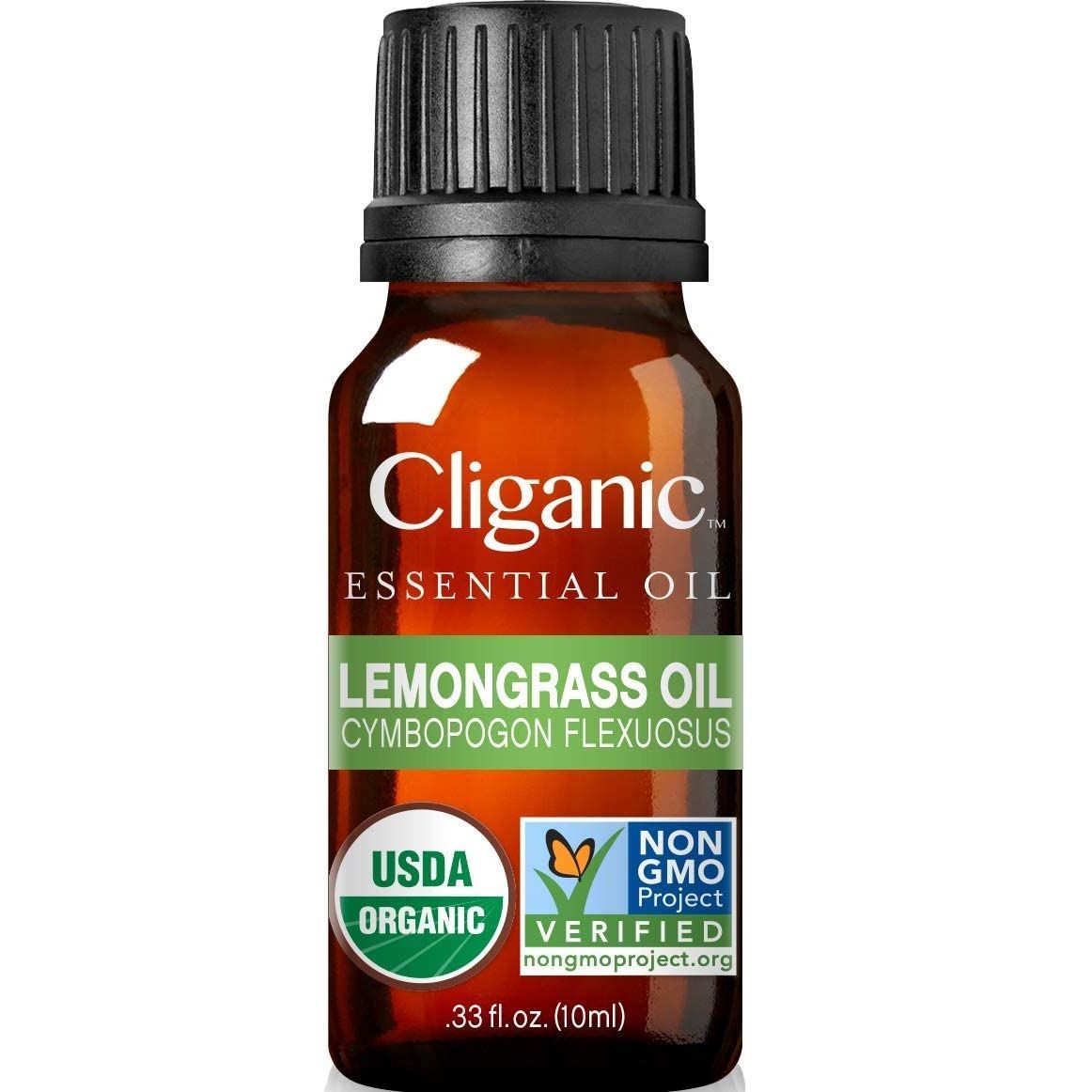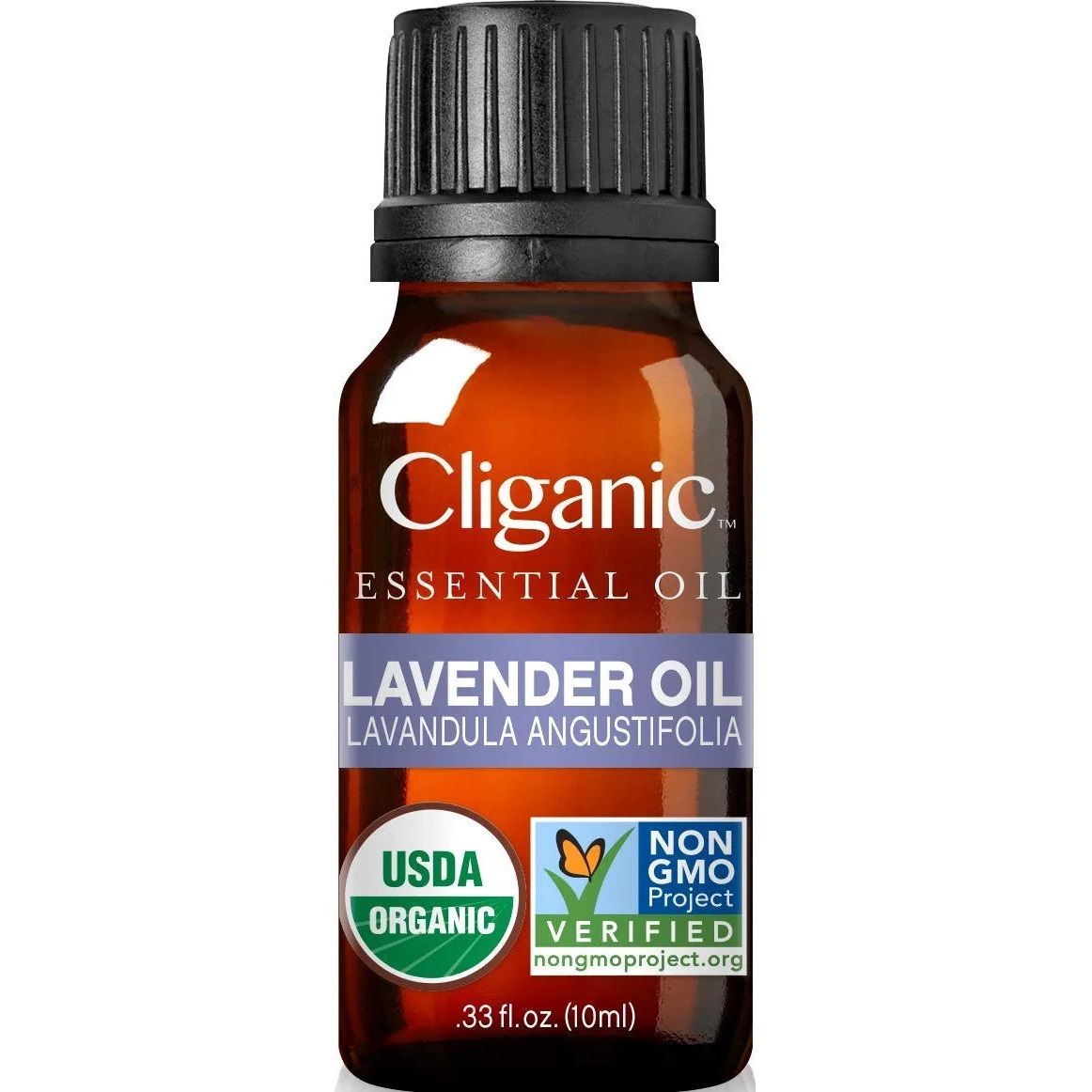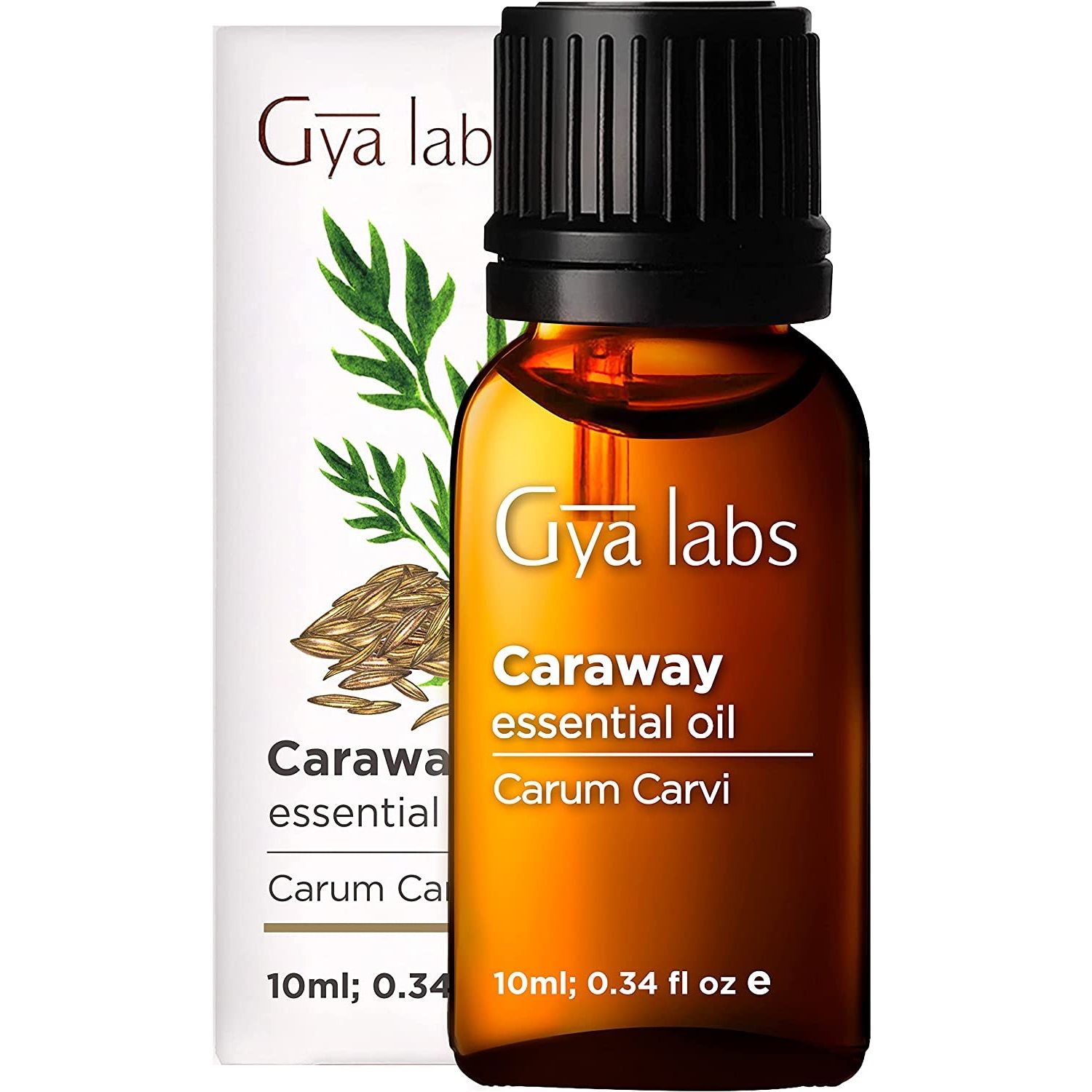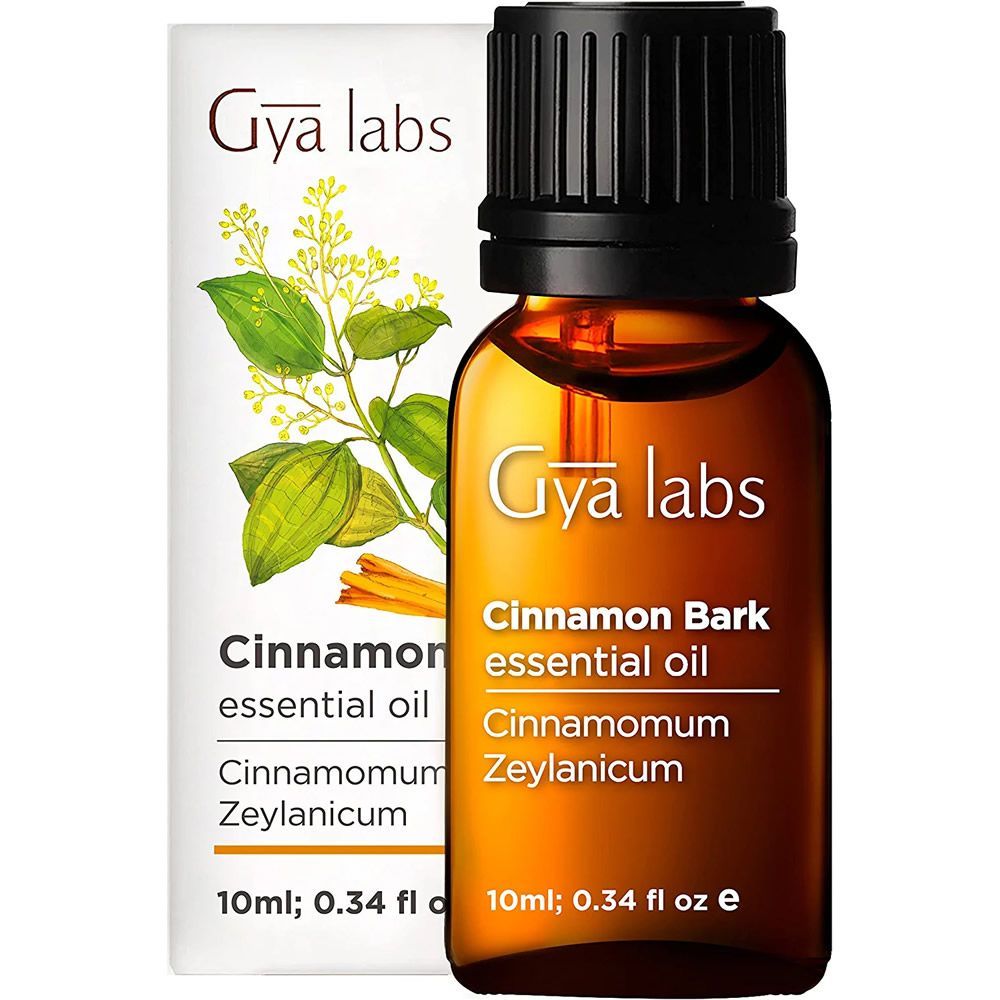Put Your Motion Sickness to Rest With These 12 Essential Oils
Do you suffer from motion sickness?
If you're one of the many people who get nausea and motion sickness, then you know how debilitating it can be. Whether you're on a boat, in a car, or on a plane, the feeling of nausea and dizziness can ruin your day. Luckily, there are some essential oils that can help put your motion sickness to rest as a natural alternative to medications. In this blog post, we will discuss 12 essential oils for motion sickness!
Benefits of Essentials Oils for Motion Sickness
Nausea can be a highly uncomfortable experience that requires relief. While it is important to visit a doctor if the feeling persists, there are also many natural remedies available. Essential oils are gaining traction in the treatment of nausea due to their effectiveness at relieving symptoms without the side effects often associated with various anti-nausea medications. So although medicinal treatments may have greater potency, essential oils could be an excellent primary line of defense against bouts of nausea.
After reading this blog post, you'll know which essential oils can help relieve your motion sickness. You'll no longer have to suffer from the feelings of nausea and dizziness – instead, you can use these essential oils to feel better quickly! We've reviewed numerous reviews on Amazon to identify the 12 best essential oils to help relieve motion sickness.
We hope you find your essential oil to support your wellness journey and help provide relief from motion sickness from the list below! Each product was independently selected by our team. BiohackingBeat may collect a share of sales or other compensation from the links on this page if you decide to buy something (that's how we fund our research). Happy shopping!
Plant Therapy Ginger Root CO2 Essential Oil
Found in many kitchens around the world, ginger is much more than just an aromatic seasoning for many forms of cuisine. In fact, its potent essential oil has been used to treat ailments since at least 500 years ago. Ginger oil is extremely versatile and serves functions as a powerful antiseptic, anti-inflammatory, laxative, tonic and stimulant. It can even be used to temporarily ease the symptoms of nausea, vomiting and motion sickness. With so many possible applications, it's no surprise that ginger is one of the top recommended essential oils to keep on hand--especially if you're prone to discomfort while traveling!
Cliganic USDA Organic Lemongrass Essential Oil
Lemongrass oil has been used for centuries as a natural remedy for treating nausea. It is particularly effective for helping with morning sickness during pregnancy [2]. While lemongrass oil and other essential oils can be great additions to your healthcare regimen, it’s important to consult your doctor before incorporating them into treatment plans. For those looking for an all-natural way to treat their nausea, lemongrass oil may be just what they need.
Plant Therapy Sweet Fennel Essential Oil
Fennel oil is a small but mighty remedy with a wide range of health benefits. Most notable among its uses is its ability to effectively reduce nausea, vomiting, and motion sickness. It is also known as a natural stimulant and laxative that can help with digestion problems. What makes fennel oil unique from other oils is its powerful scent and flavour--something that can fill the room when used for aromatherapy methods. With so many benefits and uses, it's no surprise that this little oil is becoming more popular by day. Keeping fennel oil around your home can prove to be very beneficial for both physical and mental health.
Cliganic USDA Organic Peppermint Essential Oil
Peppermint oil is one of the oldest and most widely used essential oils in history. Its aroma has a cooling, calming effect on the body and mind, making it a popular choice for those who struggle with digestive problems. Peppermint essential oil also contains antiemetic and antispasmodic properties which help to reduce symptoms of nausea, vomiting, motion sickness, and even indigestion. These properties make peppermint oil an excellent go-to solution for individuals experiencing digestive upset or discomfort. Additionally, since it is topical when applied it can also reduce muscle tension and offer temporary relief from headaches! Simply apply one to two drops of peppermint oil to a cotton ball and inhale deeply whenever you feel nauseous.
Plant Therapy Nutmeg Essential Oil
Nutmeg essential oil has been traditionally used in winter months to reduce symptoms of nausea. In addition to its ability to improve digestion, decrease vomiting and provide a soothing effect, it comes with a number of additional benefits. Nutmeg is known to regulate the hormonal system while improving the functioning of the immune system and nervous system. This sweet-smelling oil is an excellent remedy for any nausea-related complaints. What makes this oil even more compelling is that you can use it both internally by incorporating it into your cooking, as well as externally through aromatherapy. The healing powers of nutmeg continue to amaze with its wealth of beneficial properties for overall health and wellness.
Gya Labs Roman Chamomile Essential Oil
Chamomile essential oil is a wonderful, natural remedy for those experiencing motion sickness or other ailments. Extracted from the chamomile plant, its highly concentrated form means just a little bit can go a long way. It can be used in topical applications or added to hot bathwater for soothing relief. Thanks to its versatile properties, this essential oil can help with digestive issues, stress relief and even skin allergies. Chamomile essential oil is an excellent choice for natural healing and wellness maintenance without without any unwanted side effects.
Cliganic USDA Organic Lavender Essential Oil
Lavender oil is well known for its calming and relaxing properties. This makes it an ideal essential oil for motion sickness sufferers who tend to get anxious when traveling. Lavender oil can help to ease anxiety and stress levels, which in turn can help reduce nausea and vomiting. Apply a few drops of lavender oil to your wrists or neck or add it to a diffuser to enjoy its calming benefits while traveling.
Gya Labs Caraway Essential Oil
Caraway seed oil is another effective essential oil for treating an upset stomach due to motion sickness. Caraway seed oil helps to stimulate the digestive system and reduces flatulence and bloating. This can help relieve symptoms of nausea associated with motion sickness. Add a few drops of caraway seed oil to your diffuser or apply it topically to your stomach area before traveling.
Cliganic USDA Organic Spearmint Essential Oil
Spearmint oil is another type of minty essential oil that can be helpful for those suffering from motion sickness. Spearmint oil has similar effects as peppermint oil, but it is not as strong. This makes it a good option for those who are sensitive to strong smells. Simply apply a few drops of spearmint oil to a cotton ball and inhale deeply whenever you feel nauseous.
Cliganic Organic Cardamom Essential Oil
Cardamom has long been used to help soothe various ailments, including nausea and anxiety. Its unique scent has a therapeutic effect that helps patients relax and reduce the discomfort associated with motion sickness, post-operative nausea, and other types of digestive distress. According to a 2013 study [1] that explored the use of cardamom oil in combination with other essential oils for post-operative nausea relief, evidence suggests that this plant-based remedy shows promising results for reducing queasiness. Adding this remedy to a medical treatment plan may prove beneficial for patient comfort and well-being.
Gya Labs Cinnamon Bark Essential Oil
Cinnamon has long been used as a natural remedy to help reduce symptoms associated with gastrointestinal distress. It contains several antibacterial and antiviral agents that can assist with cleansing the body from bacteria and other entities when you are feeling ill. The aromatic properties of cinnamon oil have also been studied for their beneficial use in aromatherapy for calming the senses, thereby reducing nausea and other woes associated with illness. By adding cinnamon to our diets, taking in its medicinal properties, or just enjoying its smell during aromatherapy sessions, we can reap the benefits of this centuries-old treatment option while lightening the effects of various ailments.
Gya Labs Patchouli Oil
Patchouli is a valuable medicinal plant since it is known to be extremely effective for preventing vomiting. This benefit is possible due to the active compounds found in patchouli, which are able to reduce gastrointestinal muscle contractions - one of the main causes of vomiting. Studies have shown that supplementing with patchouli may significantly lessen the frequency and intensity of these spasms, providing relief from vomiting episodes. Chances are you've smelled this fragrant herb, as it's often found in perfumes, cosmetics, and incense due to its distinctive scent. There's no doubt that this plant has multiple uses which make it an incredibly useful herbal medicine to keep in your medicinal arsenal.
FAQs
What is motion sickness?
Motion sickness is a condition that is characterized by vomiting and a feeling of nausea caused by movement. It is also sometimes called travel sickness or car sickness. Motion sickness occurs due to any type of movement, including car rides, boat rides, airplane rides, and even amusement park rides. It is more common in children than adults, but it can affect people of all ages. There are several theories about what causes motion sickness, but the most likely cause is a conflict between what you see and what you feel. For example, if you are on a boat, you may see the shoreline moving, but you feel like you are standing still. This conflict between what you see and what you feel can cause the feeling of nausea and vomiting that is characteristic of motion sickness. There are several ways to treat motion sickness, including over-the-counter medications, raw ginger, acupressure bands, and avoiding strong smells.
What are the causes of motion sickness?
There are a few different causes of motion sickness, but the most common is a mismatch between what the eyes see and what the body feels. For example, if you're on a boat and the water is moving around you, but your body is not, this can cause motion sickness. Other causes include being in a moving car or plane, or even just reading in a moving vehicle.
Some people are more susceptible to motion sickness than others, and there are a few different theories as to why this is. One theory is that it's related to inner ear problems. Another theory is that it's all in your head (literally). People who tend to get motion sickness more often have trouble processing visual information correctly, which can lead to feelings of nausea and vomiting.
There are a few things you can do to try to prevent motion sickness. If you know you're going to be in a situation where you might get sick, try to sit near the front of the car or plane, or close your eyes and focus on your breath. If you start to feel sick, there are also medication you can take to help relieve the symptoms.
What are the symptoms of motion sickness?
When most people think of motion sickness, they think of nausea and vomiting. However, there are a variety of other symptoms that can occur as well. These include dizziness, lightheadedness, sweating, increased salivation, and abdominal cramps. Motion sickness is often caused by a conflict between what you see and what you feel. For example, if you are on a boat and the water is moving but you are not, this can cause your brain to become confused and result in symptoms of motion sickness.
There are several ways to prevent or treat motion sickness. If possible, it is best to avoid situations that may trigger it such as riding in a car or boat for long periods of time. If you must be in one of these situations, there are several things you can do to help reduce your risk of becoming sick. These include keeping your eyes on the horizon, avoiding strong smells, and staying hydrated. If you do start to feel sick, there are also several things you can do to help ease the symptoms. These include lying down with your head propped up, drinking clear fluids, and avoiding sudden movements.
How can essential oils help with motion sickness?
There are many essential oils that can help with motion sickness, including ginger, peppermint, and lavender. Motion sickness is caused by a variety of factors, including changes in the inner ear, anxiety, and stress. The symptoms of motion sickness include nausea, vomiting, sweating, and dizziness.
Essential oils can be used in a diffuser or applied topically to the wrists or temples. For severe cases of motion sickness, it is best to consult a healthcare professional.
How can you use essential oils for motion sickness?
Essential oils can be utilized in the following ways:
- Essential oil diffuser – this is ideal for large, enclosed spaces
- Car diffuser – this is a good choice for road trips or when driving along winding or bumpy roads [read more]
- Inhaler – this is portable and easy to use on the go
- Roller bottle – this is also portable and can be used for topical application. Be sure to dilute essential oils with a carrier oil such as coconut oil or jojoba oil before applying the oils directly to your skin.
- Necklace – another portable application is an essential oil necklace [read more]
How can you prevent motion sickness?
There are a few things that you can do to help prevent motion sickness:
1. Get plenty of fresh air.
2. Drink lots of fluids.
3. Eat light, bland foods.
4. Focus on a fixed point in the distance.
5. Stay calm and relaxed.
DIY Essential Oil Blends for Motion Sickness
Inhaler blend
- 6 drops of lemon oil
- 6 drops of peppermint essential oil (or spearmint if peppermint is too strong)
- 6 drops of ginger essential oil
- 6 drops of fennel oil
Apply the essential oils to the cotton wick of an inhaler and take slow, deep breaths as needed.
Car diffuser blend
- 2 drops of lemon oil
- 4 drops of peppermint essential oil (can be substituted with spearmint if peppermint is too strong)
- 2 drops of ginger essential oil
- 1 drop of fennel oil
Final Thoughts
We hope our review has armed you with the information you need to decide what essential oils for motion sickness best resonate with you. Tap the link of each product to check the price and find the best essential oil for you. We hope you achieve success in your wellness journey, and thanks for reading!
Citations
[1] Hunt, Ronald MD*; Dienemann, Jacqueline PhD, RN†; Norton, H. James PhD‡; Hartley, Wendy MSN, RN§; Hudgens, Amanda BSN, RN‖; Stern, Thomas MD¶; Divine, George PhD#. Aromatherapy as Treatment for Postoperative Nausea: A Randomized Trial. Anesthesia & Analgesia 117(3):p 597-604, September 2013. | DOI: 10.1213/ANE.0b013e31824a0b1c
[2] Wifek, Mahouachi, et al. "Lemongrass: A review on its botany, properties, applications and active components." IJCBS 9 (2016): 79-84.


